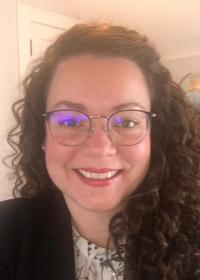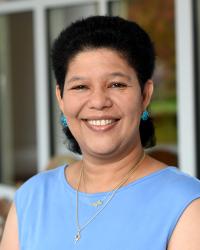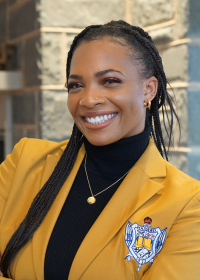Office of Undergraduate and Outreach Programs
Mission
The Office of Undergraduate and Outreach Programs works with academic units in the College of Health and Human Development and others at Penn State and in our student, alumni, academic and professional communities to facilitate collaborative and innovative teaching, learning, advising and co-curricular activities that will develop the next generation of passionate leaders who will improve human well-being across the lifespan.
Critical Functions
- Academic Affairs (Dennis Shea): Curriculum and Course Proposals; Academic Integrity and Grade Mediation; Teaching and Learning Development; Schreyer Honors Programs; Assessment and Outcomes; Academic Policies and Procedures; Study Abroad; Undergraduate Research; Financial Aid
- Student Services (Megan Owens): First-Year Engagement, Academic Advising; Student Orientation, Transition and Retention; Student Affairs, Student Organizations and Engagement; Career Development
- Financial Aid (Niharika Sharma)
- Student Recruitment (Chris Arbutina)
- World Campus, Conferences, Domestic Academic Field Trip and Engaged Programs (Susan LeWay)
Frequently Asked Questions
- What needs to be in my syllabus?
-
Details on this policy and all Penn State academic policies can be found on the Faculty Senate website. A written (paper or electronic form) syllabus must be distributed to students in each course on or before the first class meeting. Changes to the syllabus shall also be given to the student in written (paper or electronic) form.
- What do I do if I think a student has cheated or they are disputing their grade?
-
Penn State policy expects faculty to discuss academic integrity violations or grade disputes with a student. In both cases, a conversation with your program leader, department head or Dennis Shea may be helpful before and after that student meeting. If you conclude a student violated academic integrity, submit an Academic Integrity form, with documentation and a proposed sanction to Heather Zimmerman and Associate Dean Shea by email. All violations, even minor ones, should be reported. Efforts to mediate grade disputes must occur between you, the student, and your PIC or department head. If unresolved, the student can submit a Grade Adjudication petition to Dennis Shea.
- I think a student is in trouble. What should I do?
-
Faculty can note a student’s academic struggles in Starfish by sending a note to the student and adviser. Faculty are prompted twice each semester to do this, but can also login and note problems at other times. A student’s personal or wellness challenges might warrant a discussion with their academic adviser and/or a contact with the Office for Student Care and Advocacy (814-863-2020). Assisting a student in connecting with resources from Counseling & Psychological Services at University Health Services may also be appropriate. A great resource for all faculty is the Red Folder.
- How can I improve my teaching?
-
Penn State has numerous resources for teaching and learning development. Our Learning Design team in the Outreach Office can be consulted. The Schreyer Institute for Teaching Excellence offers a New Instructor Orientation, individual consultations, as well as numerous workshops for faculty. Other resources include Teaching and Learning with Technology, Penn State World Campus for online pedagogy, and IT Learning and Design which offers programs on Canvas, Kaltura and other teaching tools. Funds for teaching development are available from HHD and these groups, too.
- How do I propose a new course or program (e.g., major, minor, certificate) or a change in an existing one?
-
Penn State uses a web portal for all curricular proposals, but is soon implementing a new system. Before proposing courses or curricular changes, a good discussion with the program leader, your department curriculum representative, your department head, and other department faculty is expected. Your department curriculum representative or Heather Zimmerman can assist you in submitting proposals.





























